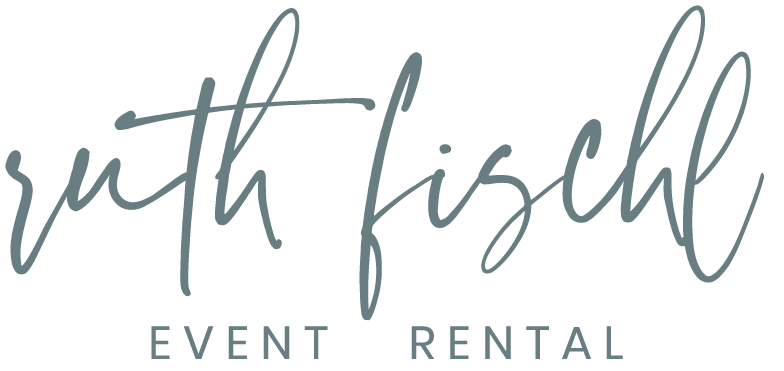In the event planning industry, stress is inevitable. We accept the pressure that comes with doing our job—juggling complex schedules and budgets, working with difficult clients, dealing with the general challenges that arise throughout the process. Left unmanaged, those high levels of stress can take a toll on your physical and mental health (and as a by-product, your career).
Here are six things you can do to ensure that you’re in control of the stress, not the other way around.
Identify the Stress Points
Every event, no matter how big or small, can have niggles that become a source of frustration or stress for even the most experienced professional. Rather than trying to plow through it (the “grin and bear it” approach), take the time to identify the points or areas that are causing you the most stress.
By breaking down each problem and understanding its cause, it will make it easier for you to come up with an actionable plan to help you deal with it.
Avoid Knee-Jerk Reactions
In the fast-paced event planning world, making split-second decisions is often part of the package. You understand that every minute counts when running a tightly coordinated schedule with a lot of moving parts. However, it can also elevate your stress and if you tend to lose your temper in high-pressure situations, things can quickly go from bad to worse.
While your instinct might be to respond with whatever comes to mind first, allow yourself a beat or two to logically process the information that’s been given to you. You’ll be able to respond rationally and eliminate having to course-correct a poor reaction or the wrong choice of words.
Don’t Take Criticism Personally
Considering the time and energy invested in making sure no detail has been overlooked, it’s understandable that every event can feel personal. The downside is that when faced with criticism, it can feel like a direct attack even if it’s simply an overreaction from a stressed client.
Rather than responding with anger or becoming defensive, take the feedback in stride. Look at the facts objectively, consider if there is something you can learn from it, and appreciate that you were given the opportunity to see a new perspective.
And, when all is said and done, there will always be that small percentage of people who criticize others to mask their own insecurities. If that’s the case, brush off the negative feedback, try to understand where they’re coming from, and move on.
Stick to the Plan
No matter how watertight the plan or how many times you’ve gone over the final arrangements, a last-minute change request will always sneak in. But unless it’s a minor tweak that will have minimal impact on the event’s success, it’s critical that you firmly but politely push back on making any significant changes.
One smart way to navigate these tricky situations is to think of a compromise that you can offer the client in return.
What you don’t want to do is risk the success of the event just to make your client happy. It’s up to you as the professional to tell them “no” when something isn’t possible because you and your reputation will be on the hook if something goes wrong.
Be Professional and Honest
Acting professionally is a given but there may be times when you’re tempted to cover up an error rather than confess. If something goes wrong that can’t be fixed (or requires a significant change or compromise), the best plan of action is to tell your client as soon as possible. Explain the problem without passing on the blame and follow it up with a reasonable solution.
Clients may not be pleased when something goes awry, even if it’s completely out of your control, but as long as you deal with both them and the problem professionally and honestly, you’re likely to have a positive outcome.
Don’t Forget to Take Care of Yourself
Much like the airplane oxygen mask scenario, you need to take care of yourself first before taking care of anyone (or anything) else.
Event industry professionals can keep long, crazy hours with schedules that involve juggling various appointments, contracts, and clients. This makes it vital that you practice self-care and prioritize your physical and mental health. Being healthy and well-rested allows you to be fully present and handle your job with grace and ease.
Focus on getting the sleep you need to be clear, calm, and energized, especially in the days leading up to the event. Eat regular, nutritious meals (as tempting as it might be to grab some fast food as you dash between meetings) and don’t forget to turn “off” so you can decompress and refresh in whatever way works best for you.


Boy did I need this today!! All really valid points. Thank you!
Thx!